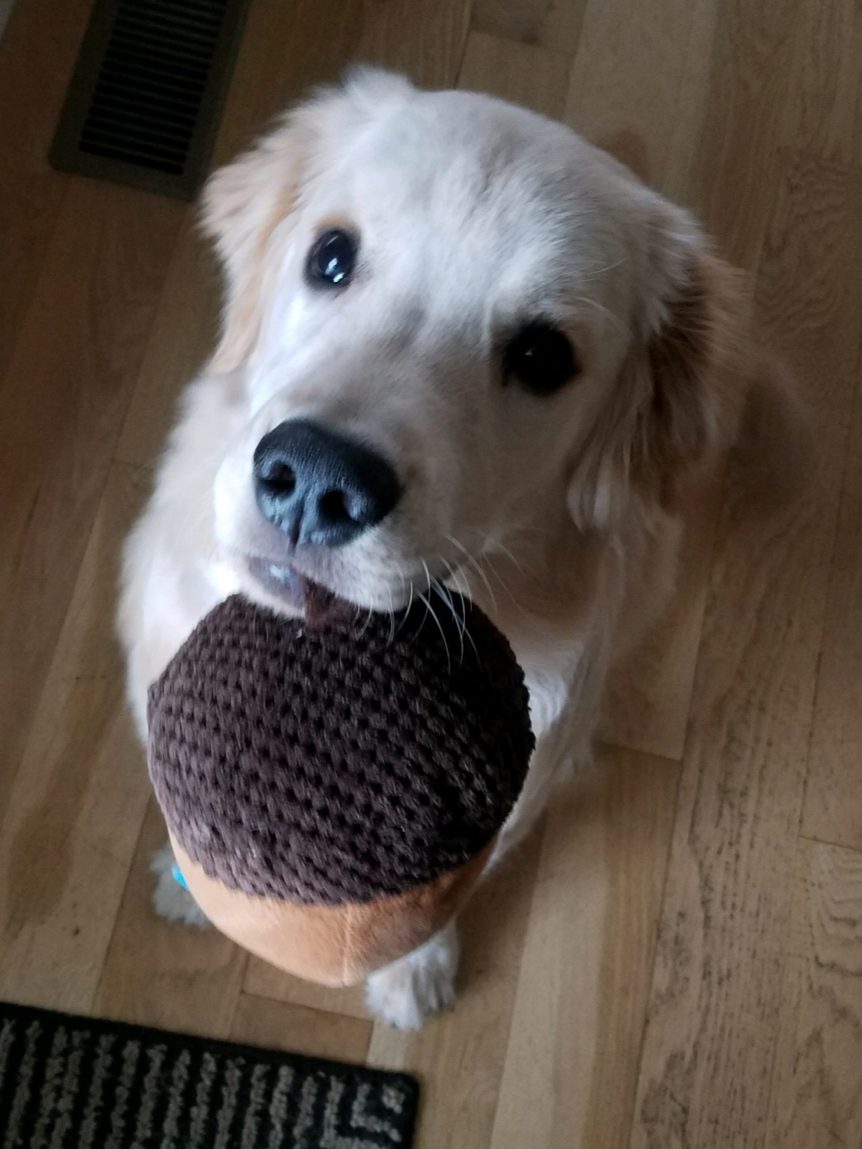Thanksgiving is a time for friends, family, and holiday feasts; however, it can also be a time for possible distress for our furkids. Pets won’t be so thankful if they munch on undercooked turkey or a pet-unfriendly floral arrangement, or if they stumble upon an unattended alcoholic drink. Here are a few things to keep in mind over the holiday season to keep your furry companions safe and happy.
- Keep the feast on the table. If you decide to feed your pet a small bite of turkey, make sure it’s boneless and well-cooked. Don’t offer her raw or undercooked turkey, which may contain salmonella bacteria. Do NOT give your pet the leftover carcass. The bones can cause severe damage to his digestive tract. Eating undercooked turkey or cooked turkey skin – sometimes even a small amount – can cause a life-threatening condition in pets known as pancreatitis. There are lots of foods that are healthy for humans and poisonous, even deadly, for your pets, including onions, raisins, and grapes. It is best to avoid giving your pet any kind of people food, especially if you aren’t 100% sure of the ingredients.
- No desserts! Chocolate can be harmful to pets, even though many dogs find it tempting and try to eat it. The artificial sweetener called xylitol – commonly used in gum and sugar-free baked goods – also can be deadly if consumed by dogs or cats.
- Stop the dumpster diving. A turkey carcass sitting out on the counter or left in a trash container that is easily accessed by your pets could be deadly. Dispose of turkey carcasses, bones, and anything used to wrap or tie the meat in a covered, tightly secured trash bag placed in a closed trash container outdoors.
- Be careful with your decorations. Don’t forget that some flowers and festive plants can be toxic to pets. These include amaryllis, Baby’s Breath, Sweet William, some ferns, and hydrangeas.
Quick action can save lives. If you believe your pet has been poisoned or eaten something it shouldn’t have, call your veterinarian or local veterinary emergency clinic immediately.


